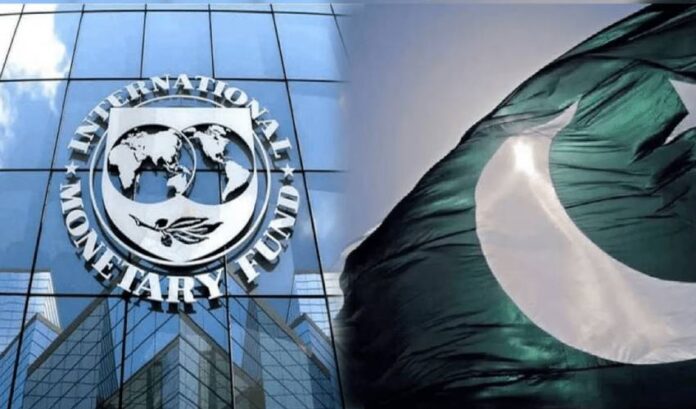The International Monetary Fund (IMF) said that the next funding review for Pakistan is expected in the second half of 2025, and discussions would be continued towards agreeing on the terms of the budget for the 2026 financial year, Reuters reported.
The IMF’s priority remains anchoring inflation within the central bank’s medium-term target range of 5–7%, the statement said, adding that the Pakistani authorities reaffirmed their commitment to fiscal consolidation while aiming for a primary surplus of 1.6% of GDP in FY2026.
An IMF mission, led by Nathan Porter, concluded its staff visit to Islamabad, where discussions centered on recent economic developments, the ongoing implementation of Pakistan’s IMF-supported programs, and the budget strategy for fiscal year 2026, which is set to be announced on June 10, 2025.
Porter highlighted that the discussions were productive, focusing on Pakistan’s fiscal year 2026 budget proposals, the broader economic policy, and the reform agenda supported by both the 2024 Extended Fund Facility (EFF) and the 2025 Resilience and Sustainability Facility (RSF). He emphasised the authorities’ commitment to achieving a primary surplus of 1.6% of GDP in FY2026 while protecting essential social and priority expenditures.
Discussions also included measures to enhance revenue generation, such as improving compliance and expanding the tax base, alongside efforts to prioritise government expenditure. Porter noted that the IMF team would continue discussions with Pakistan’s authorities to finalise the budget in the coming days.
The IMF team also reviewed ongoing energy sector reforms designed to improve the financial stability of Pakistan’s power sector and reduce its high-cost structure. Additional structural reforms will aim to foster sustainable growth while enhancing the business and investment environment.
The authorities reiterated their commitment to sound macroeconomic policy, with a focus on maintaining a tight, data-dependent monetary policy to keep inflation within the central bank’s target range of 5–7% over the medium term. They also stressed the importance of rebuilding foreign exchange reserves, preserving the functioning of the FX market, and allowing for greater exchange rate flexibility to improve resilience to external shocks.
Porter thanked both federal and provincial authorities for their hospitality and constructive engagement during the visit. The IMF mission will continue its dialogue with the Pakistani authorities and will return for the second half of 2025 to conduct the next reviews under the EFF and RSF programs.




